Your Boss is Your Client (& Your Colleagues Are Too)
This post was originally published in the Harvard Business Review.
Bob Bowman, longtime coach of swimming phenom Michael Phelps, was once asked why Phelps did not swim the languorous distance sets that were part of some other competitors’ regimens. “We don’t want him to swim slow in meets,” he said, “so why would we have him practice swimming slow?”
I am often reminded of this distinction when I’m asked about the difference between communicating with a client and communicating internally, with your team.
My answer is that they are one and the same. Whether you’re talking to your assistant, your manager or the head of the firm, you should assume that everyone is your client and apply the same degree of professionalism to every conversation, no matter the audience.
Treating your boss and your colleagues as if they are clients accomplishes two important things: i) it shows your team that you respect them — enough to treat them with the same level of care and handling you treat other VIPs; ii) as with Michael Phelps’s swimming, it gives you great practice so you’re uber-prepared for the real thing — when you are speaking to your client or customer. You know the drill, you’ve done this before.
When I was a banker at Goldman Sachs, the rule was this: treat your vice presidents and managing directors as if they were your clients. When you ask a question, make sure it’s a smart one. When you present an analysis, spend a few minutes thinking ahead about your key message, supporting details and follow-up or action items. Operate at 110% always, whether you’re talking to your assistant or the CEO of the client.
If you’re always “on” you’ll show that you’re smart and capable and competent and you’ll find your supervisors far more willing to actually put you in front of a client. You’ll also find that if you’re default mode is “client mode” you’ll naturally perform at a higher level over time — it’s like the old saying goes — people live up to expectations.
A recent Delta advertising campaign stated: “Our customer service doesn’t change with the price of oil.” In other words, output is fixed — it doesn’t change based on the cost of input. Your output, or the way you interact with and relate to others, should be fixed as well — without regard for status, title or even whether you’re on or off the clock. This approach will provide opportunities to practice and hone your interpersonal skills. And while practice may not be necessary for people like Allen Iverson, it’s a great way to sharpen your skillset, experiment with different communication strategies and prove to others that you’re “client-ready” at a moment’s notice.

